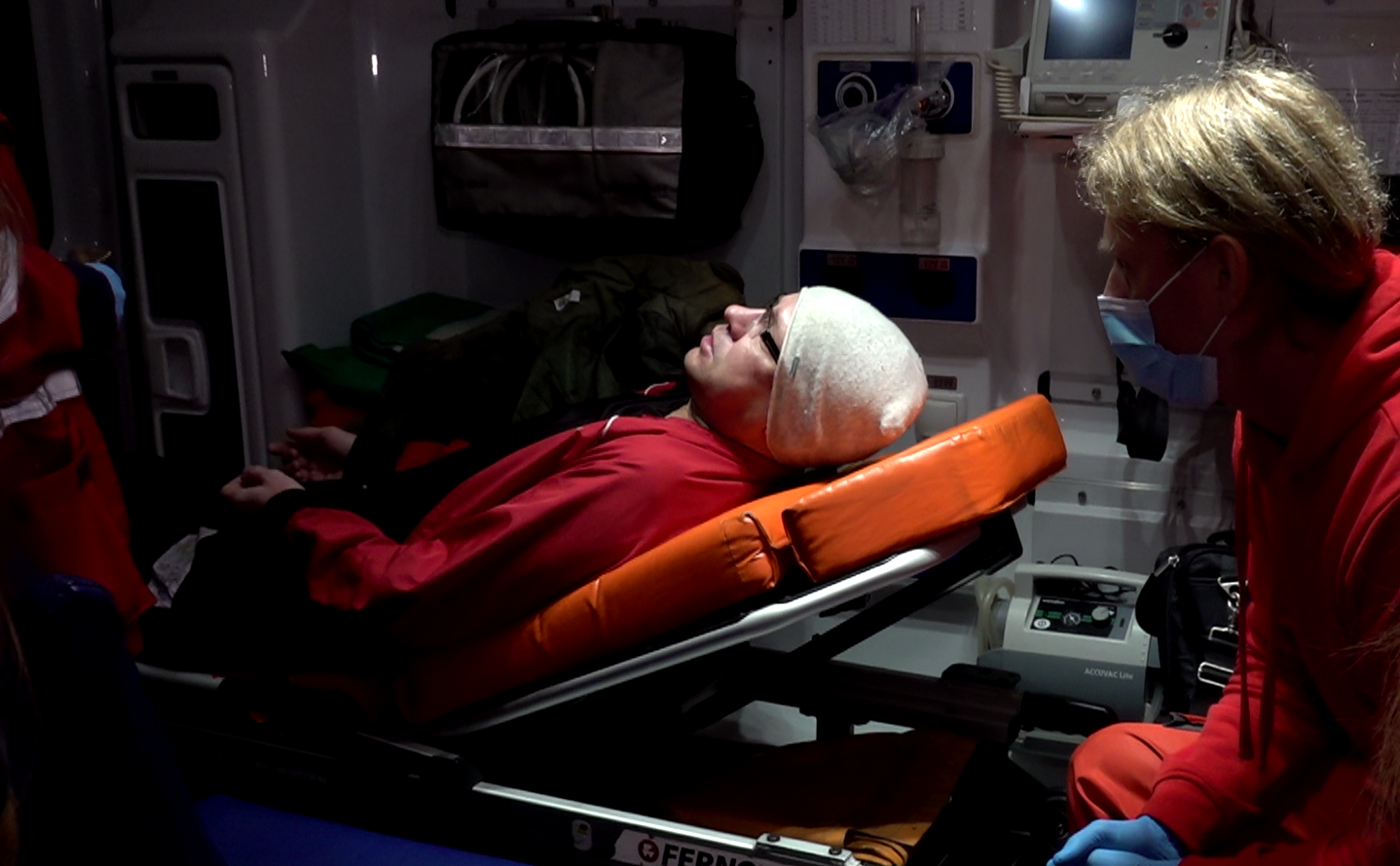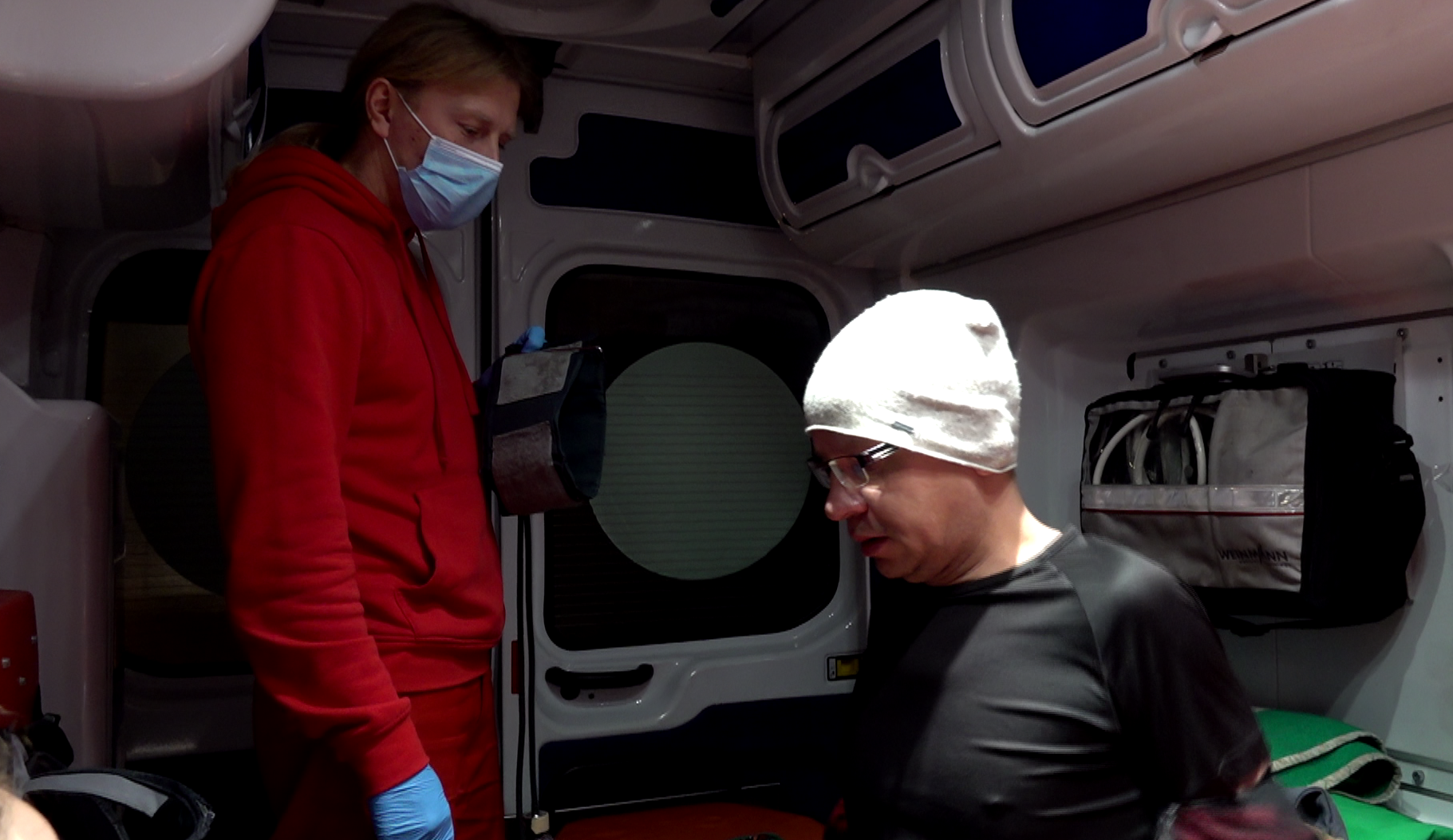In a previous article, I described how the education of schoolchildren and students takes place amidst conditions of war. Now, the on-going problem of power outages – a direct consequence of Russia’s missile attacks on Ukrainian energy infrastructure – is exacerbating daily challenges that affect everyone.
On a typical day in Kyiv, the electricity is turned off three times on a scheduled basis – for four hours each time. However, there can sometimes be emergency shutdowns when there is a heavy load on the system. This happened last week in the capital when there was no power supply for 6-8 hours.
JOIN US ON TELEGRAM
Follow our coverage of the war on the @Kyivpost_official.
When the power goes off, people can’t cook, and apartments have no heating or hot water. Sometimes there is no water at all. However, Ukrainians are gradually getting used to it. They collect water in advance, and many have acquired small stoves and gas canisters for cooking.
As for businesses, they stop working when the electricity is turned off, including supermarkets for example. Some catering establishments continue to operate as best as possible, warning customers during outage periods that only cold food can be ordered. When in darkness, they spread candles on the tables.
As statistics have revealed, over the last month in the capital and across other cities during power outages, attendance at public institutions has greatly decreased.
While preparing this material, I became interested in how emergency medical care is currently provided at nighttime without lighting. That’s how I met Serhiy Karas, a doctor working as part of an emergency medical team in Kyiv.

Worldwide Marches Planned This Weekend Condemning 3rd Anniversary of Russia’s Full-Scale Invasion of Ukraine

It should be emphasized that electricity is not turned off in medical care facilities. But when ambulances go out to collect a patient, the situation is different.
“There are approximately 10-15 calls per day,” he says. Of these, 5-7 are at night. Half of these cases are usually accompanied by hospitalization of the patient.”
Karas has been working in an emergency medical care department for 15 years. In total, there are 18 such departments in Kyiv.
“You know, it’s one thing to hospitalize a patient under normal, usual conditions,” he states. “But it’s quite another when there is no electricity, the elevators don’t work and the patient has to be carried upstairs on a stretcher in the dark.”
According to Karas, these challenges are increasing every day. After all, the more Russia bombards Ukraine’s energy system, the more frequent power outages become.
“Imagine a high-rise medical building. We need to get to the top floor with all our equipment [without an elevator], while carrying boxes of medical supplies and a medicine bag. And there are usually only two of us. It’s not only difficult, it can take a long time. And every minute can save a life.”
Even if the patient does not need to be hospitalized, problems can arise in the provision of medical care at home when there is no lighting. Medics carry flashlights for such cases, but the situation can be challenging.
“Imagine getting a needle into a vein in the dark!”

Karas also highlights other problems, for example there has been an increase in the frequency of road accidents which emergency medical teams need to attend.
“Roads are not as well lit, while not all traffic lights work,” Karas points out.
However, doctors’ protocols have not changed. Whether the patient is in the light or in the dark – everyone should be given help.
You can also highlight the text and press Ctrl + Enter











